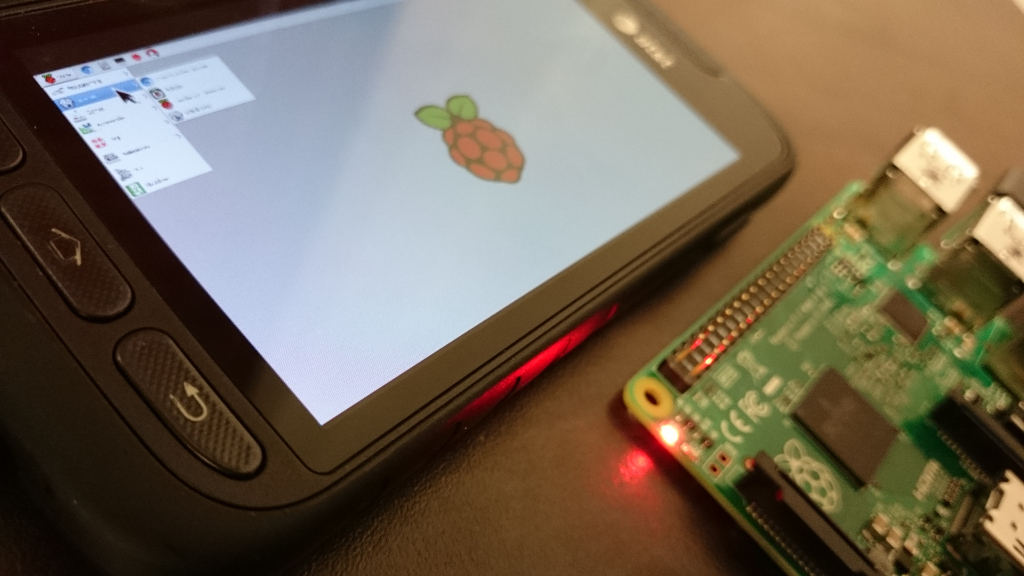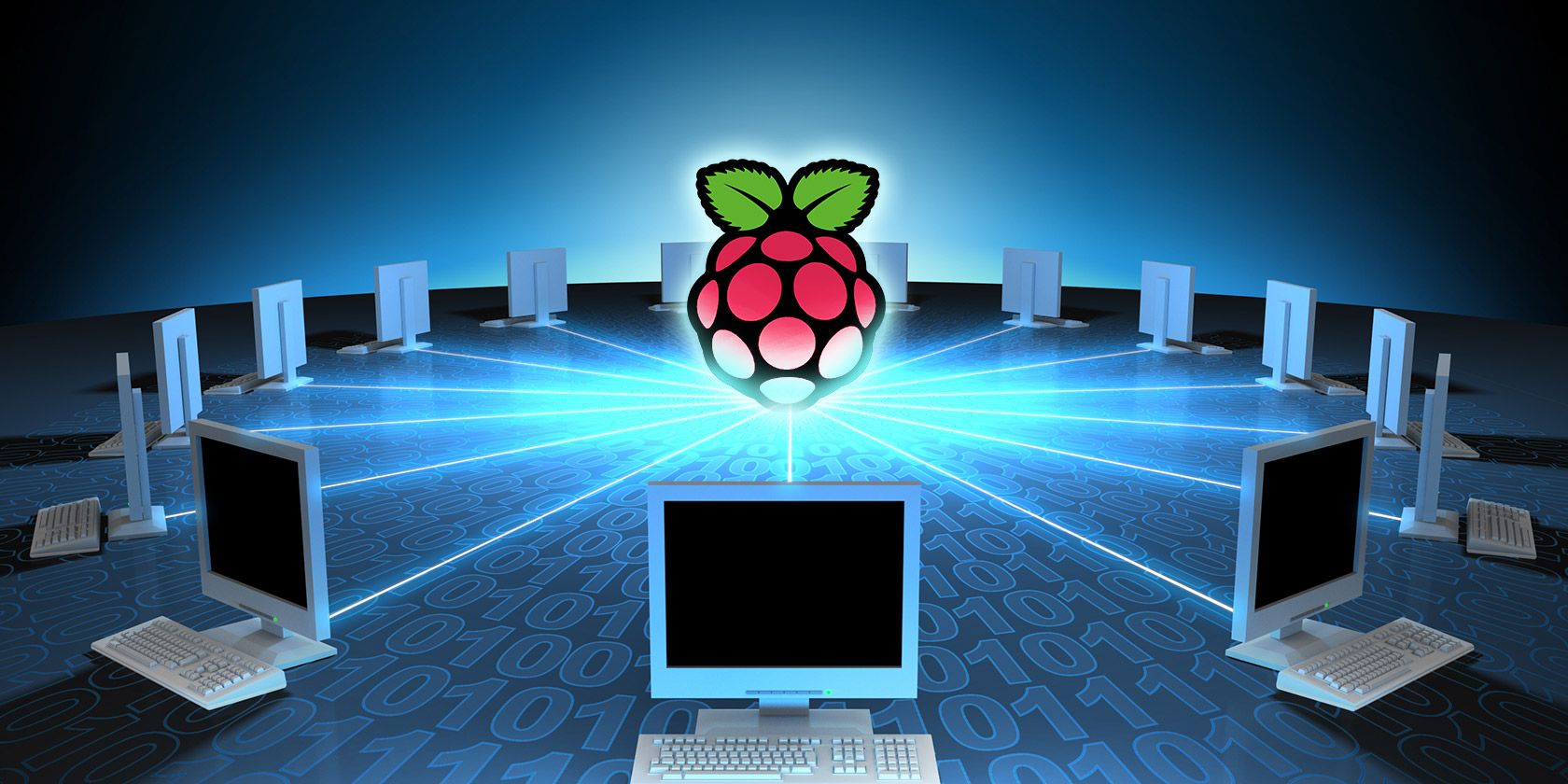

The other is that they tend to be easier to deal with when needing to swap out storage devices often. One of these reasons is just how much cheaper USB storage tends to be SD Cards. There are various reasons why you might want to utilize a USB storage device to boot from instead of an SD Card. You will need a newer Raspberry Pi to complete this tutorial correctly (see below). After boot, without playing anything, the DAC shows 48kHz.We will walk you through the steps required to activate the USB boot mode in the one-time programmable (OTP) memory. After boot, without playing anything, the DAC shows 44.1kHz).Ģ. Digi USB Audio S/PDIF: everything OK, 44.1kHz and 96kHz are passed away without resampling. After boot, without playing anything, the DAC shows 48kHz.Ģ. DigiHug USB Audio Analog: everything is resampled at 48kHz.

Which tells me that the Analog device only supports 48kHz. 20:36:14.045 T:1178 INFO : m_streamTypes : No passthrough capabilities
RASPBERRY PI BITPERFECT USB SOFTWARE
I know that if I use "Best match" at output configuration and the software volume in Kodi is set 100%, the audio output should be passed unaltered, bit perfect, and this is my goal.Ĭode 20:36:14.044 T:1178 INFO : Device 5

On my Raspberry Pi 3B+ I don't have this problem, the audio files are sent at their original sample rate to the DAC with the same settings ("Best match" and limit sample rate 192kHz). With LibreELEC 10 Beta I don't have audio output at all over DigiHug USB Audio S/PDIF. I tried also with ALSA: DigiHug USB Audio, S/PDIF as audio output device, with same result, the audio files are resampled at 48kHz. "Output configuration" is set to "Best match"and "Limit sampling rate" at 192kHz (maximum sample rate supported by my DAC). The problem is that all audio files are resampled at 48kHz, no matter they are 44.1/16, 96/24 or 192/24. I configured the audio output device via USB (shown as ALSA: DigiHug USB Audio, Analog) because I use an external USB DAC. I just bought a Raspberry Pi 4 8GB and I installed LibreELEC 9.2.


 0 kommentar(er)
0 kommentar(er)
